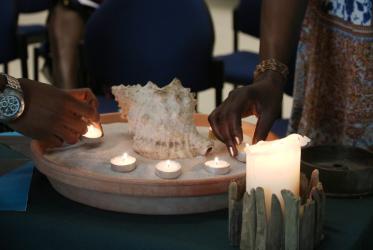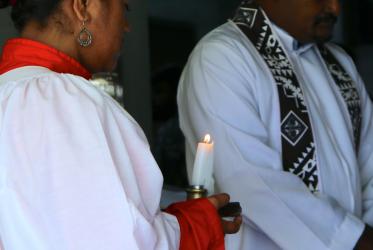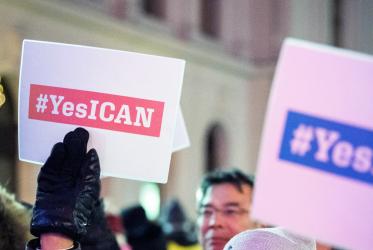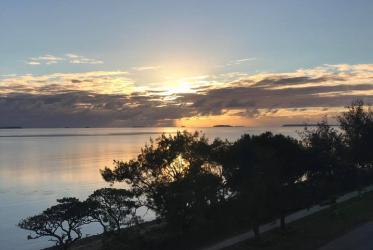Displaying 1 - 20 of 23
WCC extends prayers for Tonga in wake of volcanic eruption
17 January 2022
Applications open for WCC Eco-School
22 October 2020
Kirche sollten ihre Stimme gegen den Klimawandel erheben
26 February 2020
Churches should use their voice on climate change
26 February 2020
Hopes shared in Tonga, where dawn starts first
06 August 2017
"I hit the ground running": Katalina Tahaafe-Williams
16 February 2016
Momentum builds for ban on nuclear weapons
16 December 2014












